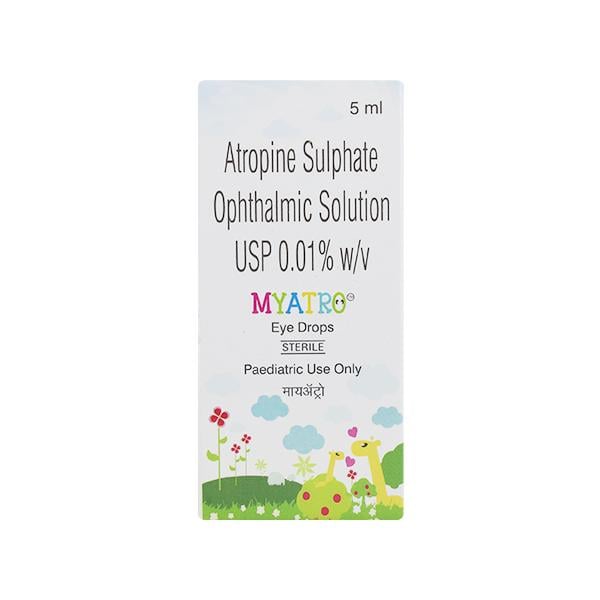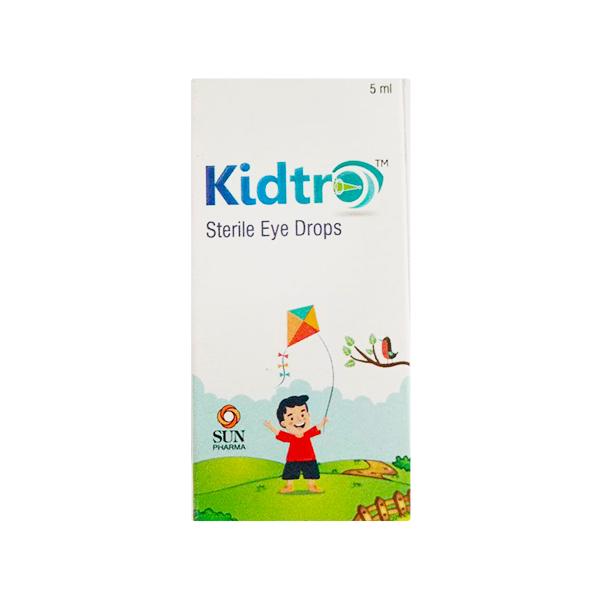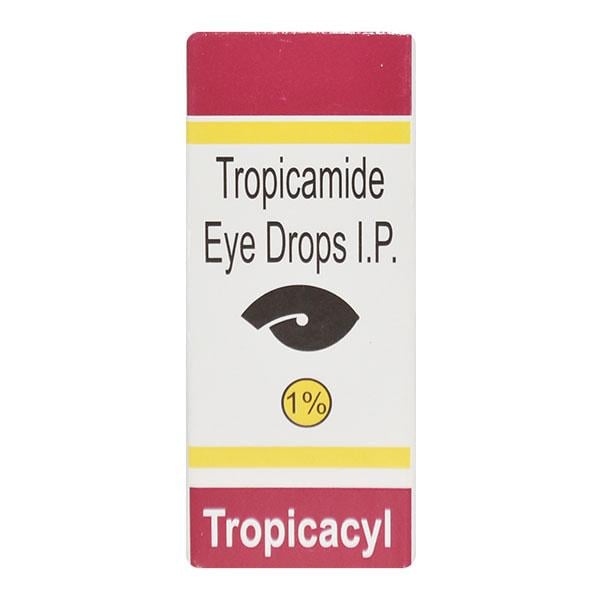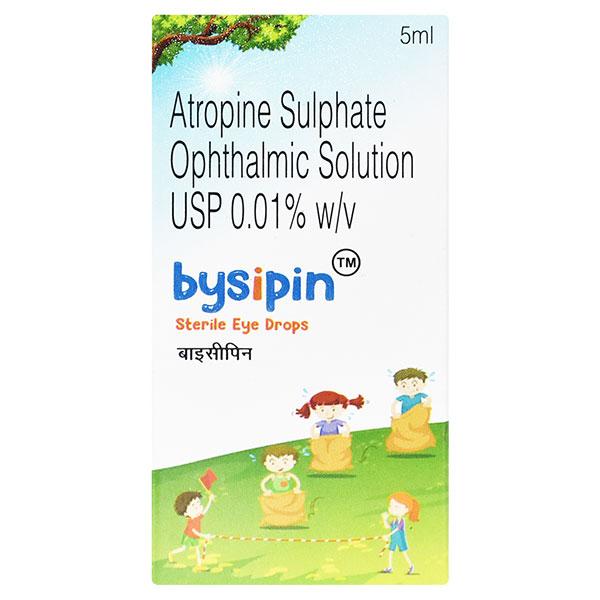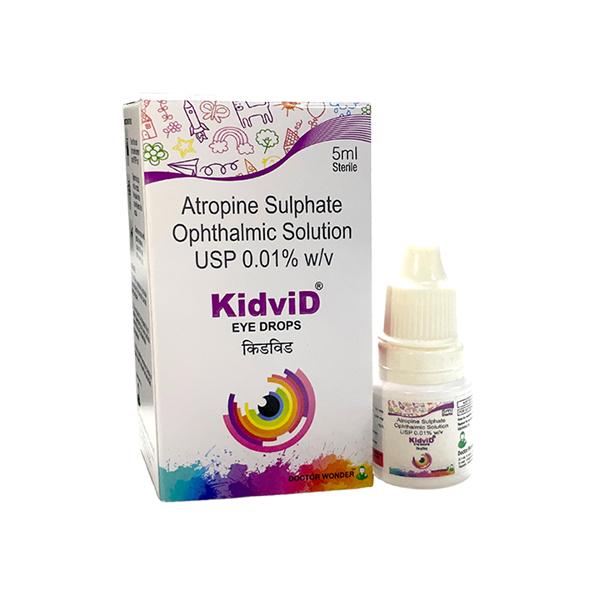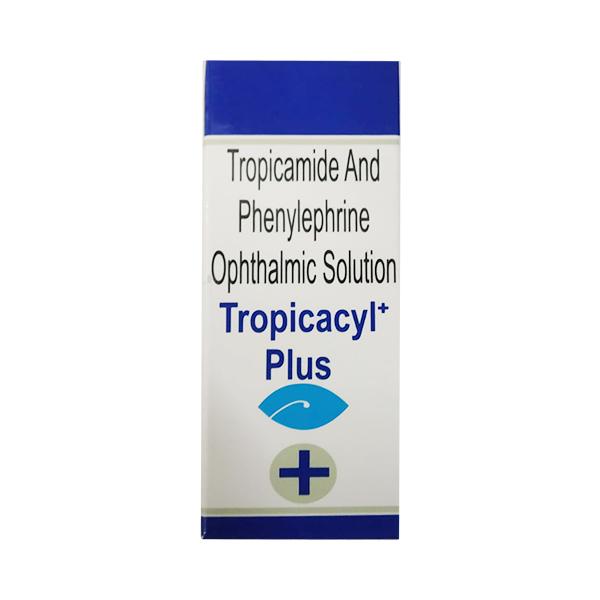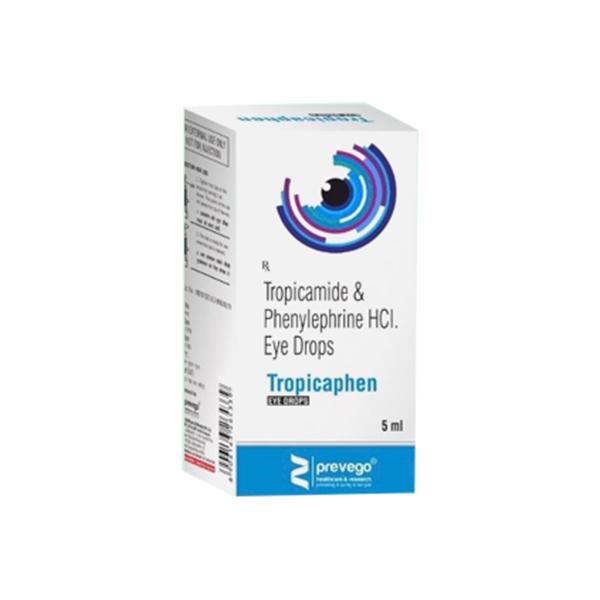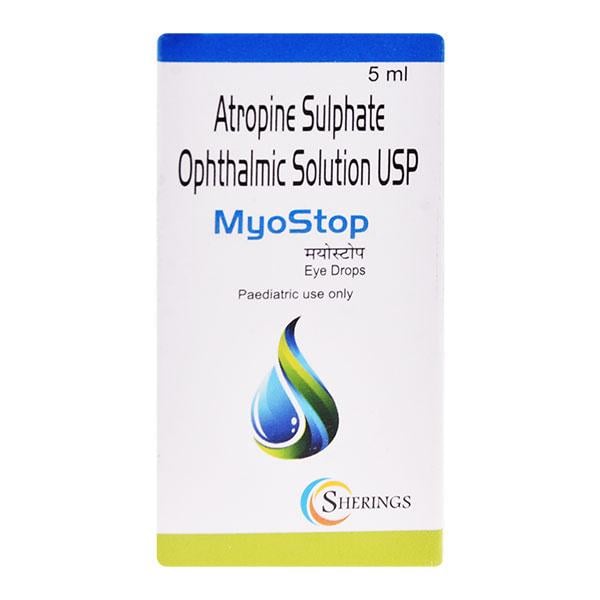


Mydriasis Tablets
Showing results in 'Mydriasis Tablets'
TROPICACYL PLUS Ophthalmic Solution 5ml

TROPICAPHEN Eye Drops 5ml

Mydriasis - Overview
Mydriasis is the medical term used to refer dilation or enlargement of the pupil in the eye. This can be caused by a variety of factors, including medications, trauma to the eye, neurological conditions, and certain types of drugs or substances. Mydriasis can be a normal physiological response, such as in low light conditions, but can also be a sign of underlying health issues. The effects of mydriasis can include increased sensitivity to light, blurred vision, and difficulty focusing. In some cases, mydriasis may require medical intervention to address the underlying cause and alleviate symptoms. Doctors induce mydriasis to diagnose eye conditions like glaucoma, cataracts, and retinal diseases.
Usage Of Mydriasis Medicines
Mydriatic medicines work by relaxing the muscles around the pupils, causing them to dilate. Some examples of commonly used mydriatic drops includes Tropicamide, Phenylephrine, Cyclopentolate and Atropine.
The most common side effects of such mydriatic ophthalmic drops are temporary blurring of vision and increased sensitivity to light. One should use mydriatic drops only under careful medical supervision. Your ophthalmologist will ensure proper dosage and minimise any potential side effects.
References:
- https://www.sciencedirect.com/topics/medicine-and-dentistry/mydriasis
- https://www.healthline.com/health/mydriasis


